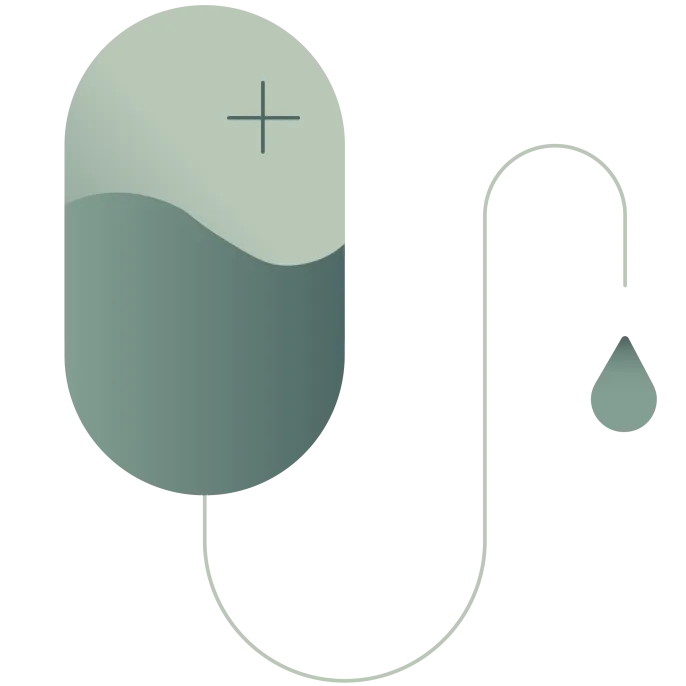Cardiotoxicity-Chemotherapeutics
Can chemotherapy increase the risk of heart problems?
Yes, some conventional chemotherapy drugs used to treat cancer can increase the risk of heart problems. Heart problems can also occur with newer targeted therapies and radiotherapy.
What is cardiotoxicity?
Cardiotoxicity is damage to the heart caused by certain cancer treatments or drugs. It can occur years after cancer treatment, especially in adults who were treated for cancer in childhood. Certain cancer treatments are associated with an increased risk of cardiotoxicity. It is more common in people who have received specific chemotherapy or targeted therapies. It can also occur in people who have received radiotherapy to the chest area.
Cardiotoxicity can cause the heart to stop pumping blood around the body as well as it should. In severe cases, it can lead to cardiomyopathy, which is a disease of the heart muscle that makes it difficult for the heart to pump enough blood.
Who does cardiotoxicity affect?
Cardiotoxicity can occur in anyone receiving cancer treatment. It is more likely to occur in people who have taken certain drugs or received radiotherapy to the chest area.
It is also relatively common in adults who received cancer treatment as a child. It is difficult to determine the exact rate of cardiotoxicity in adults who received cancer treatment as adults. However, some groups estimate that up to 20% of this population may develop heart problems, with 7-10% experiencing cardiomyopathy or heart failure.
What are the effects of cardiotoxicity on my body?
Cardiotoxicity can lead to various heart problems:
Cardiomyopathy.
Myocardial infarction.
Coronary heart disease.
Heart failure.
Heart valve defects.
Irregular heartbeat (arrhythmia).
Fluid build-up around the heart.
Low or high blood pressure.
Slow heartbeat.
Thickening of the pericardium (constrictive pericarditis).
What are the symptoms of cardiotoxicity?
Symptoms of heart problems associated with cardiotoxicity may include
Pain in the chest.
Dizziness.
Palpitations
Shortness of breath (dyspnoea).
Swelling and fluid retention (oedema) in the legs.
What causes cardiotoxicity?
Certain cancer therapies can cause cardiotoxicity:
Anthracyclines such as doxorubicin (Adriamycin®), chemotherapy drugs commonly used to treat leukaemia, lymphoma, breast cancer, sarcoma or multiple myeloma.
Trastuzumab (Herceptin®), a targeted therapy that is often used to treat breast cancer, stomach cancer or cancer of the gastro-oesophageal junction (oesophagus) to the stomach. This drug is most likely to cause cardiomyopathy when combined with an anthracycline.
Radiotherapy to the chest, which is often used to treat breast cancer or leukaemia.
How is cardiotoxicity diagnosed?
Dr Konstantinou can diagnose cardiotoxicity by measuring the pumping function of your heart using the left ventricular ejection fraction (LVEF) and assessing the function of your heart valves.
A strain analysis is also carried out to detect damage to the heart at an early stage. This analysis is a modern AI-supported procedure that must be carried out at regular intervals during ongoing chemotherapy. It is important that this analysis is carried out before the start of chemotherapy. This very first analysis serves as a comparison in order to recognise possible future damage at an early stage and treat it accordingly.
How is cardiotoxicity treated?
Dr Konstantinou, in consultation with your oncologist, may recommend that you discontinue certain medications or reduce the dose, depending on the medications you are currently taking.
He may also prescribe medication to help your heart work more efficiently, such as
ACE inhibitors
beta blockers
diuretics
vasodilators.
How can I reduce the risk of cardiotoxicity?
Cardiotoxicity cannot be prevented. If you have been diagnosed with cancer, it is important that you talk to your doctor about the potential health risks and benefits of treatment. So-called side effect management is certainly useful to prepare for possible adverse events.
You can increase your chances of early detection of cardiotoxicity if you undergo regular heart examinations during your cancer treatment. Early detection of heart problems can increase your chances of successful treatment.
Can cardiotoxicity be reversed?
Cardiotoxicity can be reversible. Research has shown that cardiotoxicity that occurs after the use of trastuzumab may be reversible. Cardiotoxicity caused by the use of anthracyclines is often not reversible and requires long-term treatment. Cardiotoxicity caused by irradiation of the chest is also very difficult to reverse and may require long-term treatment or even surgery.
